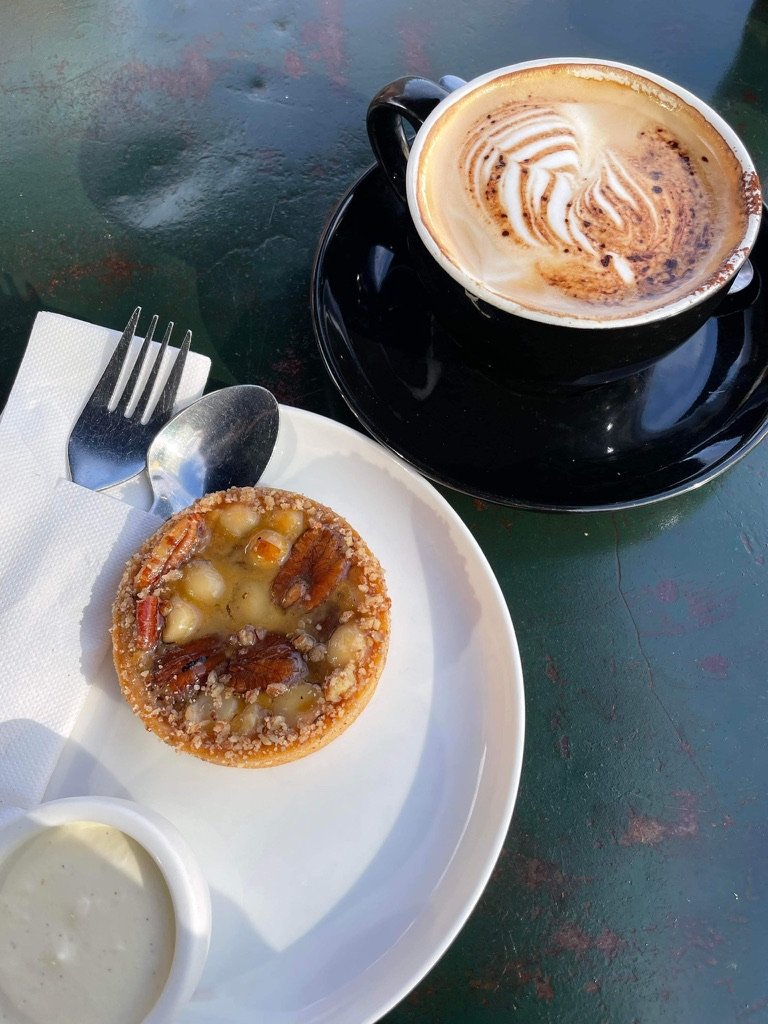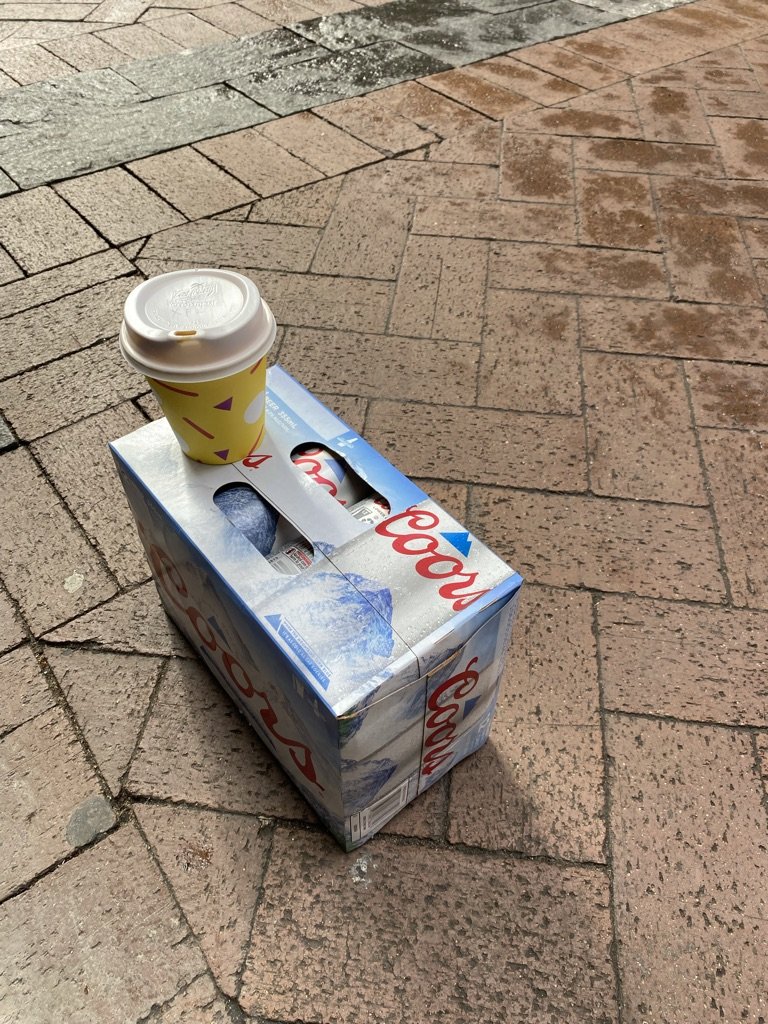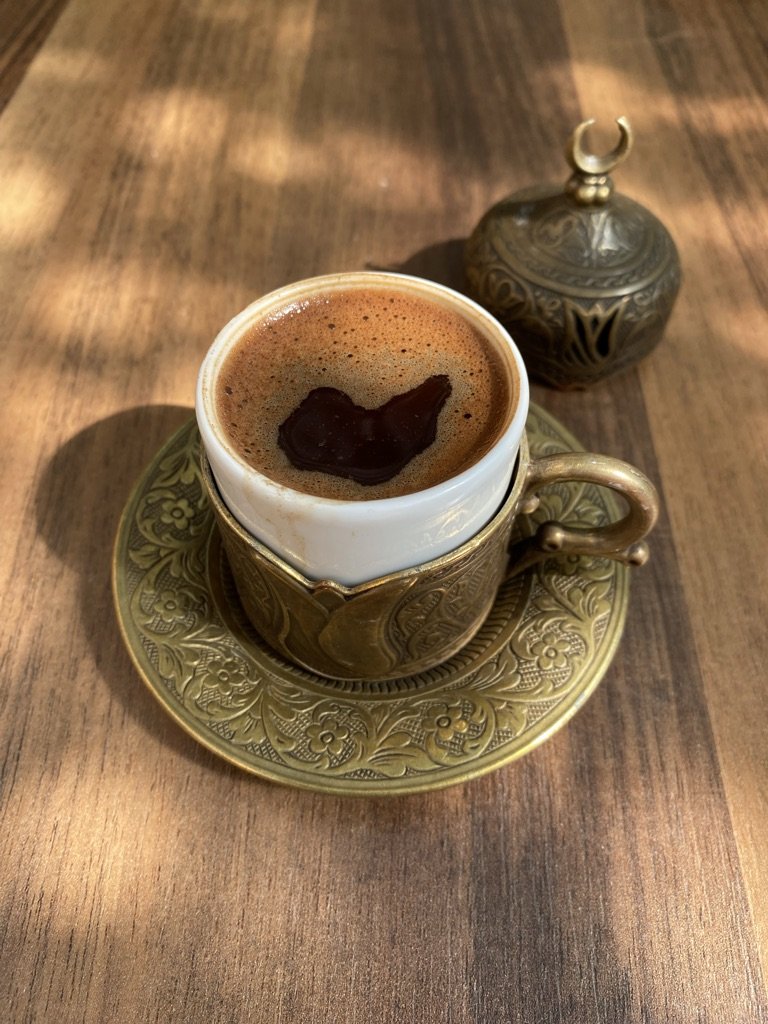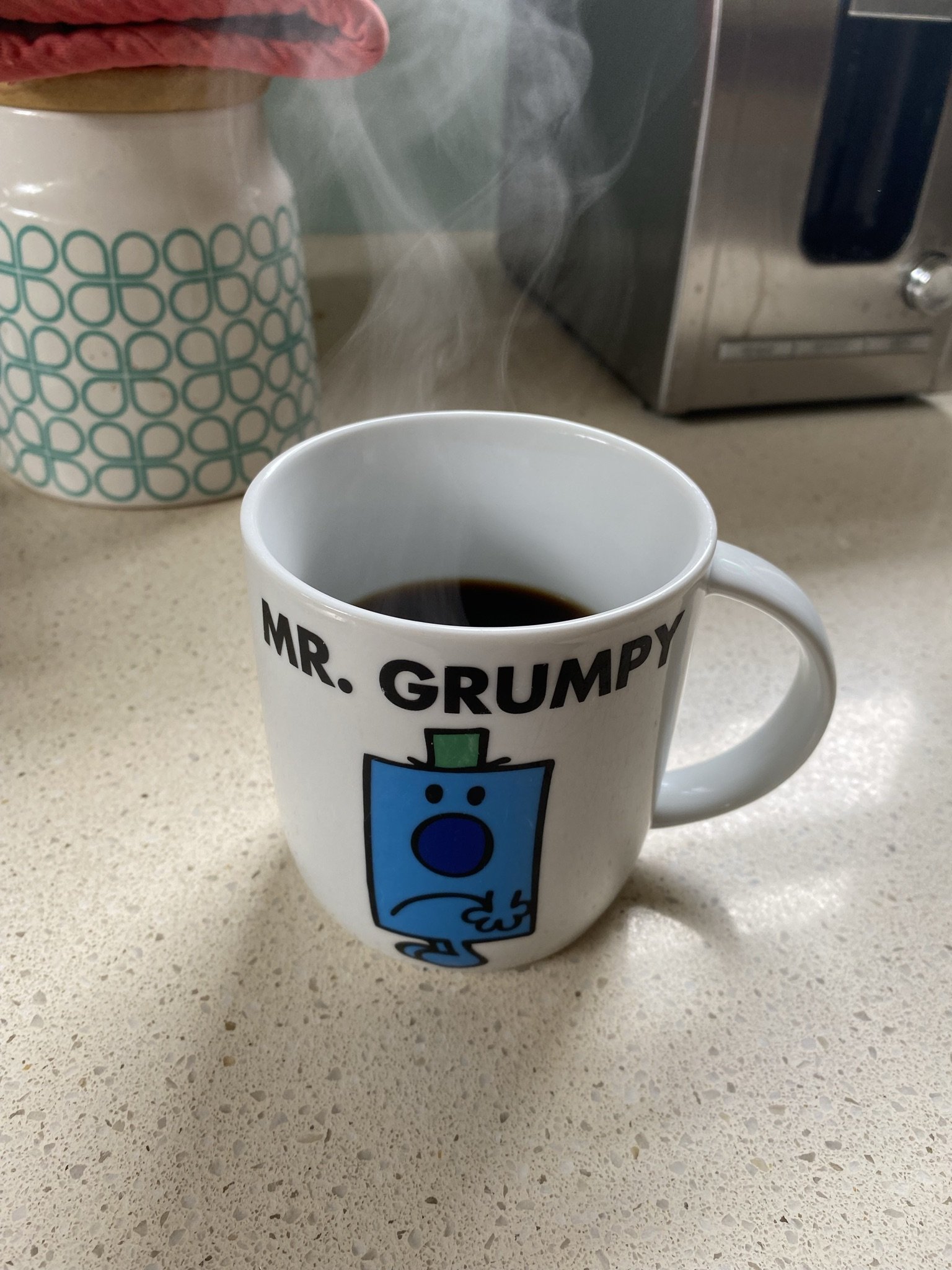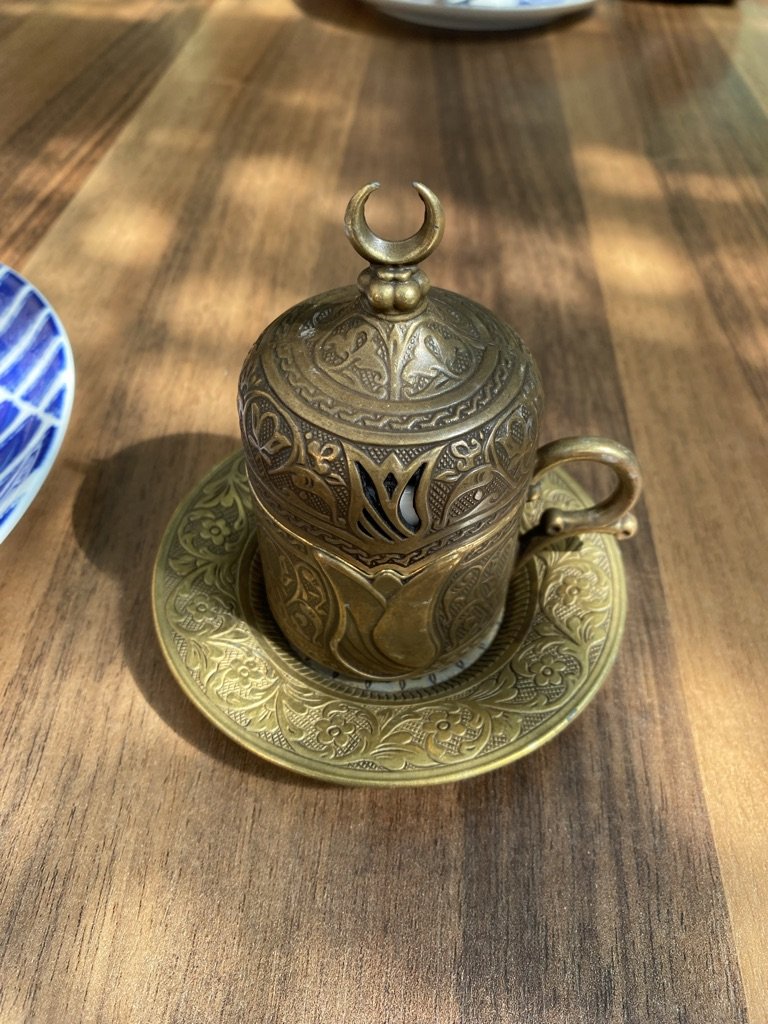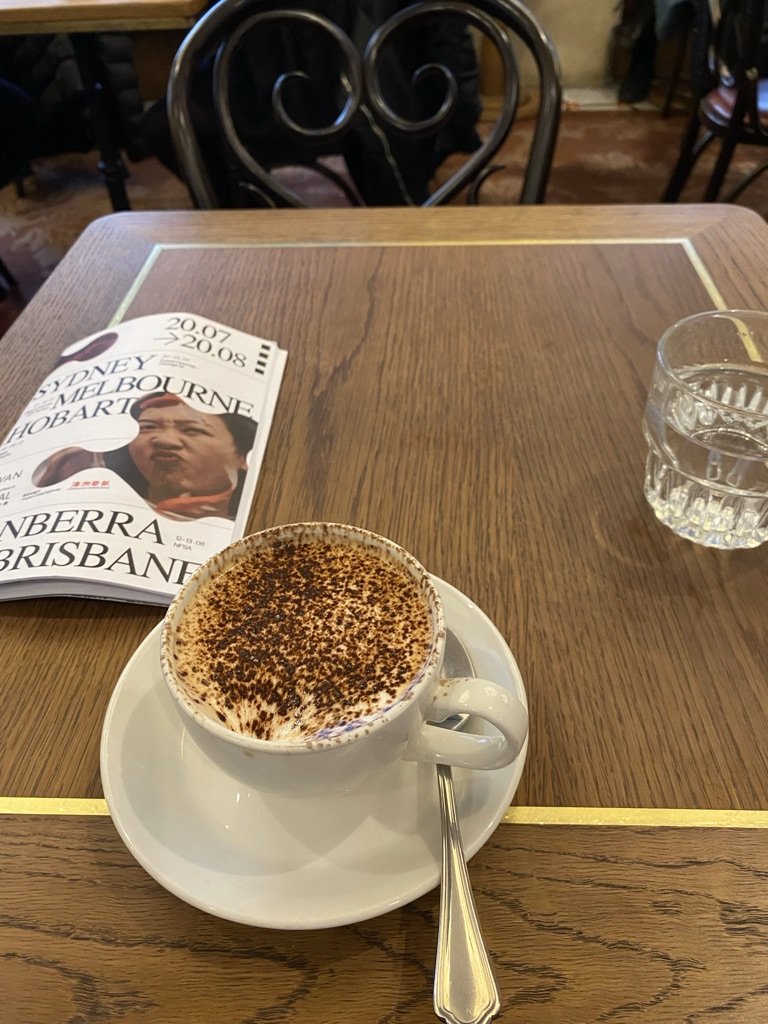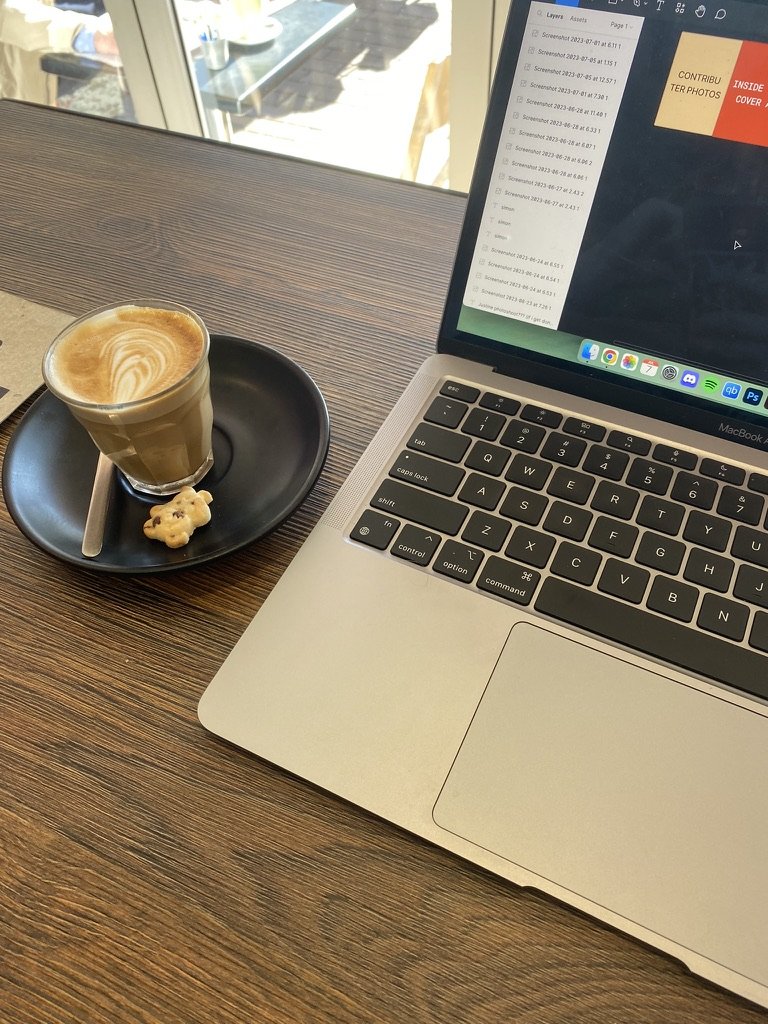Whose coffee culture?
There’s an almost irreconcilable discord between the Sydney coffee culture projected by mainstream food publications and the realities of most Sydneysiders.
You drink coffee and feel sad. You drink coffee and feel happy. You lie to your GP about how much coffee you drink. You drink coffee in Surry Hills, Seven Hills, and Summer Hill, at Burwood, Warriewood, and Chatswood, Newtown, Bankstown, and Blacktown. You drink it when it’s cheap and also when it's iced long black? That’ll be seven (seven?!) fifty, thanks.
Sydney supposedly boasts some of the world’s best cafes, admired by metropolitan cities such as New York or Los Angeles. Despite their best attempts at curating a blasé European rudeness, Sydney cafes often border on a fine-dining experience with their culinary excellence, sophisticated interior design, and specialty-grade coffee: not to mention the price tag.
But there’s an almost irreconcilable discord between the Sydney coffee culture projected by mainstream food publications and the realities of most Sydneysiders. When perusing through the ‘best cafes in Sydney’, you’d inevitably fall under the impression that Sydney coffee culture is undergirded by specialty coffee, and concentrated in the Eastern Suburbs, CBD, and the Inner West. In the ‘Sydney Cafes’ listicle published by Concrete Playground, 296 of the 394 cafes listed are located in these areas, amongst the most gentrified and expensive properties in Sydney by far.
Specialty coffee is an excellent punchline to the question: What does a fitness influencer, a recent divorcee, and Deloitte devotee have in common? Little has changed since the birth of Italian, French, and Viennese coffee houses. You’ll still bump shoulders with psychopathic authoritarians (retail managers), drug-addled intellectuals (philosophy students), and armchair revolutionaries (mature-age philosophy students). Though instead of Trotsky at Café Central, you might get your latte mixed up with Jane Caro or a lesser-known member of King Gizzard. Cafes such as Paramount Coffee Project, Reuben Hills and Single O exemplify how Sydney coffee culture is great, but never in the way it thinks it is.
The quintessential ‘acclaimed’ cafes have dizzying, overcomplicated menus boasting hundreds of international roasts, all somehow ‘ethically’ sourced. They’re run by an exhausted staff largely too young to know what the words ‘wage theft’ mean, or too afraid to question anything for fear of their Working Holiday Visa being revoked. Enamoured by the industrial chic warehouse movement, specialty cafes feel welcoming to a vastly ranging clientele of fun-socked bankers and young entrepreneurs. They adopt menus purporting an ‘innovative, progressive take’ on café classics — faux language that justifies overcharging for the haphazard addition of fusion ingredients such as ginseng, wagyu, or miso.
In projecting this homogenous narrative classifying Sydney’s coffee culture as ‘world-class’ and representative of the ‘forefront’ of coffee knowledge, we are foisting upon Sydney another narrative that doesn’t belong to the city.
So if not coffee, what is it about Sydney coffee culture that is so highly appraised?
Fifa, who has worked in two cafes over the past five years, says the specialty cafe where he’s now employed is very different to the small, brunch-focused cafe where he used to work. “We do have some regulars… most of them are busy, miserable city people. In Alexandria … customers would talk to me as a friend and they genuinely cared for my well-being.”
Strathfield is another suburb brimming with an underappreciated range of community-focused Korean cafes. Only a short walk from Strathfield Square, LAB is reminiscent of a classic Asian-style bakery-cafe. Pastel cakes adorned with delicate piping and childhood favourites like sesame mochi red bean buns are on full display. Sitting at crowded tables, high schoolers lament over their maths homework. Ajummas gossip away, while the sounds of soft jazz linger in the air. It feels like you’ve touched down in Busan, if only momentarily.
At Ferah, a 200-year-old dress hangs above the register. A family-owned Turkish cafe and restaurant, the antique storefront sits oddly among the op-shops and tobacconists adorning King Street. Yasin, the daughter of Ferah owners, talks at length of her great-great-grandmother, who the dress once belonged to — a daily reminder of the ‘community-based’ nature of the coffeehouse.
“We care more about our customers than the coffee… our relationship with the other cafes in Newtown is also very family-like. Whenever there’s trouble, we always make an effort to check up with each other and make sure everybody is okay.”
Yasin greets the couple who have come in after us. She asks about their daughter, how she’s doing in Melbourne. She’s about to get married, they say. They don’t even open the menu; two Turkish breakfasts please, but Yasin already knew that.
The government’s tourism department and SMH articles place Sydney’s ‘coffee culture’ on a pedestal — though they wouldn’t recognise it if it jumped off this page and poured them a ¾ warm almond latte. The phrase ‘coffee culture’ beckons to be interrogated. The elitist world of speciality coffee harbours undeniable allure, but it simply isn’t Sydney’s. Almost akin to a viral disease, exposed brick and faux rustic lighting has oozed through inner city suburbs, and Sydney’s coffee culture cannot be reduced to its Surry Hills uniform. Perhaps it’s time to pay tribute to the smaller, often migrant-led cafes which support the community in much quieter ways.
